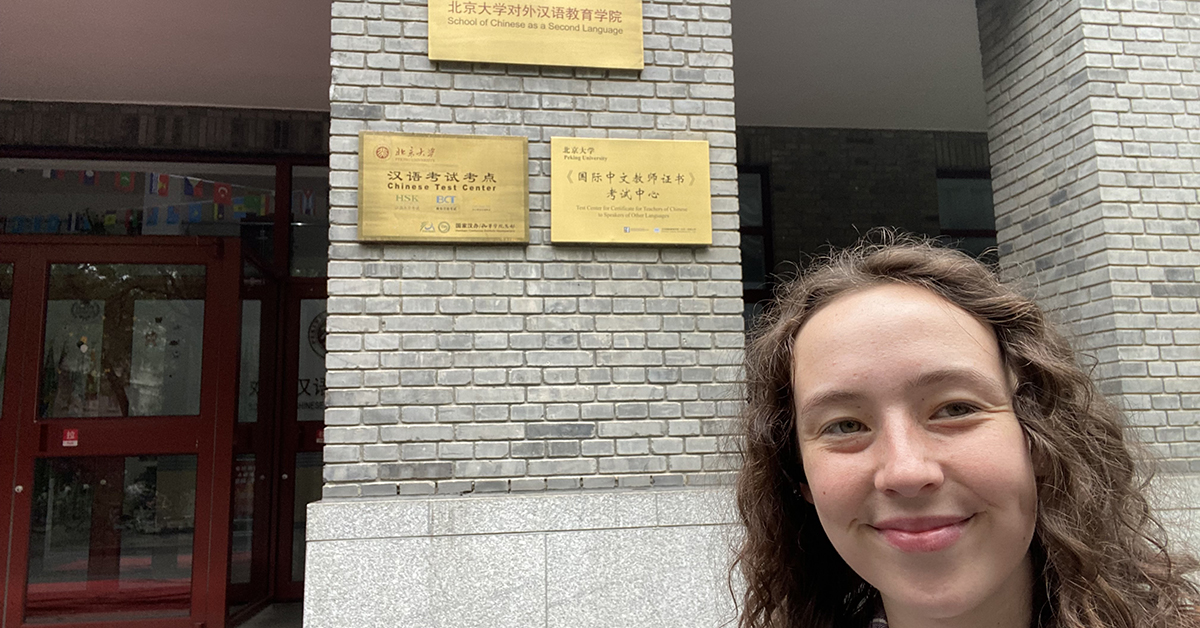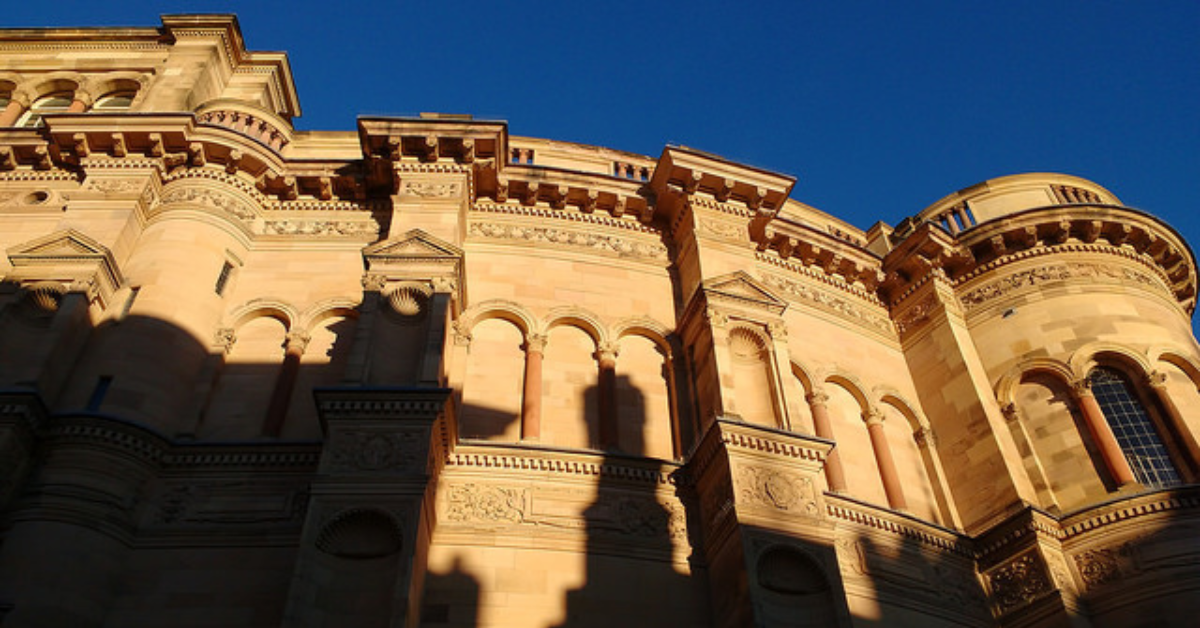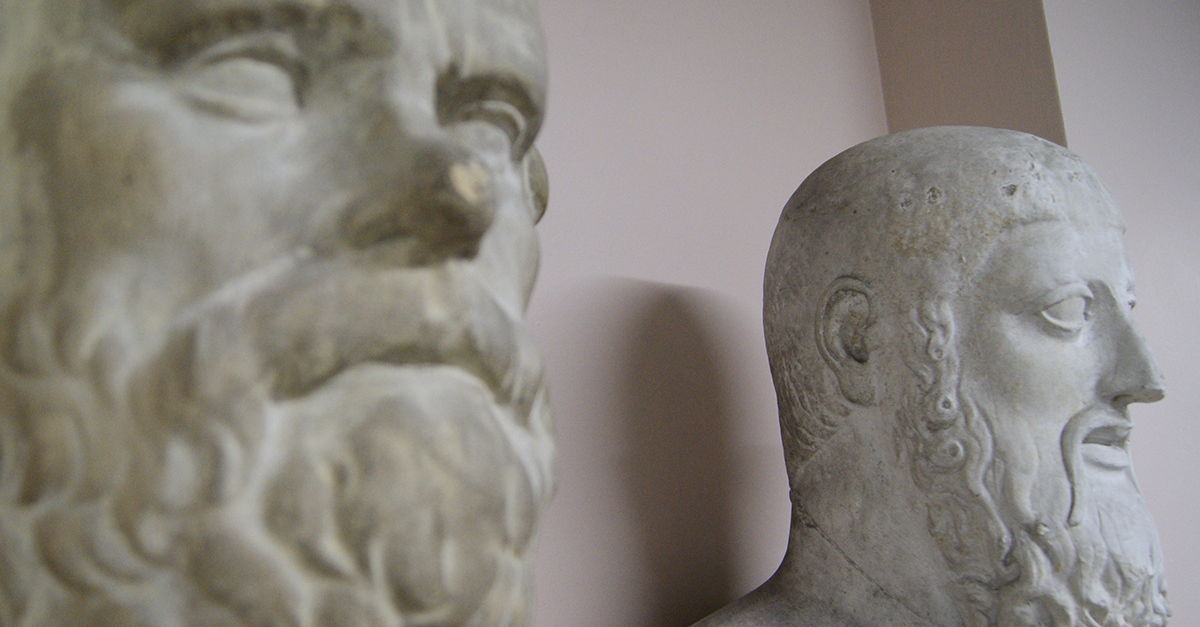Tag: Joint Honours
Joint honours student Aalish is spending her year abroad at Peking University. She studies Chinese and History with the School of Literatures, Languages & Cultures. The opportunity to combine both of my interests in History and Languages was something I knew I wanted to pursue at university and Edinburgh offered me not only that, but […]
…by Sophia / from the UK / studying History and Economics (MA) One of the most challenging dilemmas many prospective university students face is deciding which subject to study. When I began my university application journey I faced this dilemma. I had studied varied subjects during 6th form had two distinct subjects that fascinated me […]
Twice the fun or double the trouble? Student Ambassador Aalish is studying a joint honours degree. I made the choice to study Chinese and History simply because I love learning a language and history has always had a soft spot in my heart. Studying a language alongside history presents its own unique challenges, not only […]




